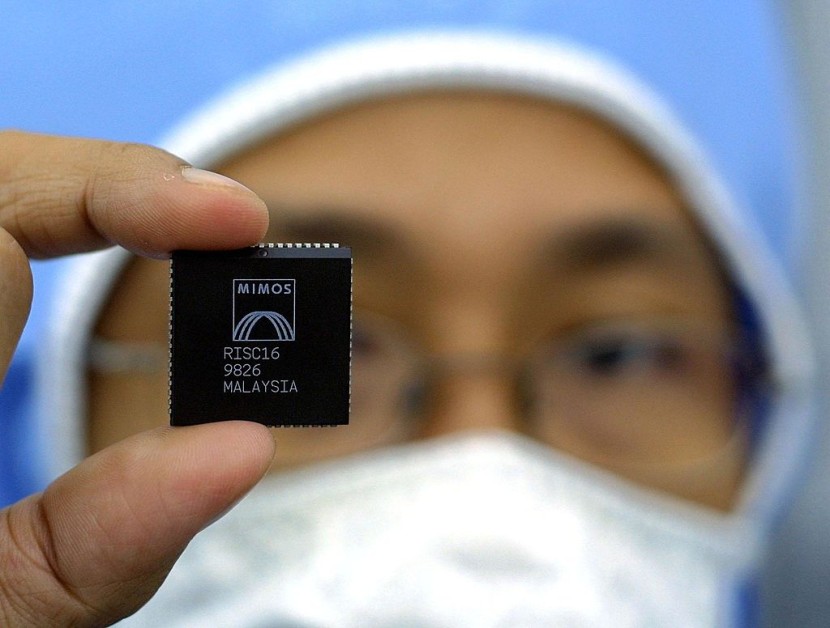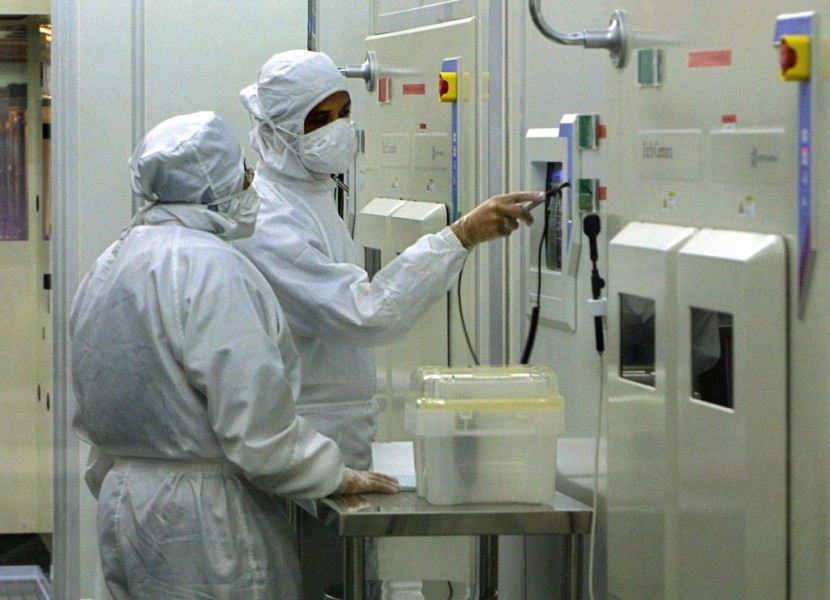Malaysia is now doubling down on its chip industry since it wants the EV sector to grow as well. This was revealed by the Asian nation's Trade and Industry Minister, Zafrul Aziz, during an interview.
The official said that electric car manufacturers are spending billions just to obtain needed components from Malaysia for their EV productions.

Aziz further stated that these foreign EV makers want to "realign the supply chain to ensure resiliency and security." This is why they are coming to Malaysia, and they are welcome to do so.
Malaysia To Focus on Chip Industry Improvements!
According to CNBC's latest report, Malaysia expects that once it improves its semiconductor industry, EV makers will start expanding their presence in Asia.
The Malaysian trade and industry minister said they already have Tesla as one of their major charging station providers. In return, the American EV manufacturer has some of the country's largest companies as its partners.
Zafrul said that their main goal in doubling down on the chip sector is to encourage Tesla and other giant EV makers to build assembly plants and other factories in Malaysia.
NBC Chicago reported that Tesla already built a regional headquarters in the country in August 2023. After the construction's completion, Malaysian Prime Minister Anwar Ibrahim said that the EV industry is one of their priorities.
Zafrul explained that if more EV makers expand their presence in Malaysia, the country's manufacturing industry exports will improve. He added that since semiconductors are critical in EV production, they decided to make efforts to enhance the chip industry.
The Malaysian official explained that a traditional vehicle (gas-powered one) requires 5,000 chips. This number dwarfs compared to electric cars, which need up to 15,000n chipsets.
Read Also : Malaysia Takes Stand, Issues Warnings to TikTok, Meta Over Suppression of Pro-Palestinian Content
How Will Malaysia Improve Its Chip Industry?

Zafrul Aziz confirmed that Malaysia established a new national semiconductor task force, which could allow the Asian country to move up the semiconductor industry's value chain.
He explained that they aim for the so-called "front end" of the semiconductor industry, which involves engraving circuits and wafer fabrication.
This is quite different from the back end, which focuses on assembling and packaging integrated circuits. With the new national chip task force, Malaysia hopes to attract strategic investments and grow its semiconductor ecosystem.Aside from this, the new semiconductor task force will also ensure Malaysia's talent supply chain since the country needs around 50,000 electronics and electrical engineers per year.
Related Article: US Faces Tough Battle in Curbing China's Chip Industry with Resilient Startup








